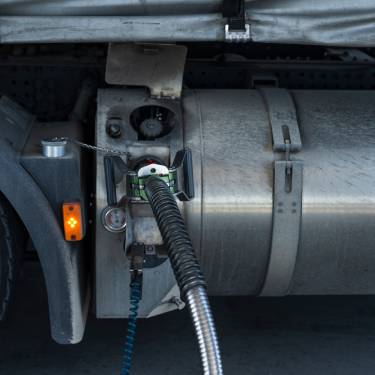
Fuel efficiency is crucial in the construction industry, where heavy equipment often runs for hours each day. Implementing the best fuel-saving tips can reduce costs and increase profitability. In this guide, we'll explore practical ways to save fuel in heavy machinery operations and improve your bottom line.
Regular Maintenance Is Key
One of the most effective fuel-saving tips is to ensure your machinery is well-maintained. Regular maintenance, like keeping filters clean and checking tire pressure, can significantly impact fuel economy. For example, a clogged air filter can reduce airflow to the engine, making it work harder and consume more fuel. Routine inspections and timely repairs prevent small issues from turning into costly problems, enhancing efficiency and extending the life of your equipment.
Utilize Technology and Modern Advancements
Incorporating technology, like telematics and GPS systems, can optimize equipment performance. Telematics provides insight into how efficiently your machines operate, allowing you to adjust routes and reduce idling time. GPS systems help plan the shortest and most fuel-efficient paths, saving time and resources.
Educate and Train Operators
Proper training is essential for helping operators understand the impact of their actions on fuel consumption. Skilled operators know how to minimize idling, accelerate smoothly, and use equipment features efficiently. Training sessions can highlight fuel-saving techniques, such as using eco modes or avoiding aggressive maneuvers. By investing in operator education, companies can see a noticeable improvement in fuel efficiency and overall productivity.
Choose the Right Equipment for the Job
Selecting the most appropriate equipment for every task can make a big difference in fuel costs. Using oversized machinery for small jobs not only burns more fuel but also causes unnecessary wear and tear. Assess your project requirements and choose equipment that matches the demands of the job. This approach maximizes efficiency and reduces fuel consumption, ultimately benefiting your budget and the environment.
Monitor Fuel Consumption and Make Adjustments
Tracking fuel usage helps identify patterns and areas for improvement. With detailed fuel consumption data, you're able to make informed decisions about fleet management. Adjusting operation schedules, fine-tuning machinery, or even replacing inefficient equipment can lead to significant savings. Consistently monitoring and analyzing fuel data helps maintain efficiency and uncover opportunities for further reduction.
By applying the best fuel-saving tips for heavy equipment, construction companies can significantly impact their bottom line. From regular maintenance to operator training, each strategy contributes to improved fuel efficiency and reduced operating costs. Implementing these practices ensures that your business remains competitive and environmentally conscious, paving the way for a more sustainable future in construction.
Bio: Casey is a passionate copyeditor highly motivated to provide compelling SEO content in the digital marketing space. Her expertise includes a vast range of industries from highly technical, consumer, and lifestyle-based, with an emphasis on attention to detail and readability.




















